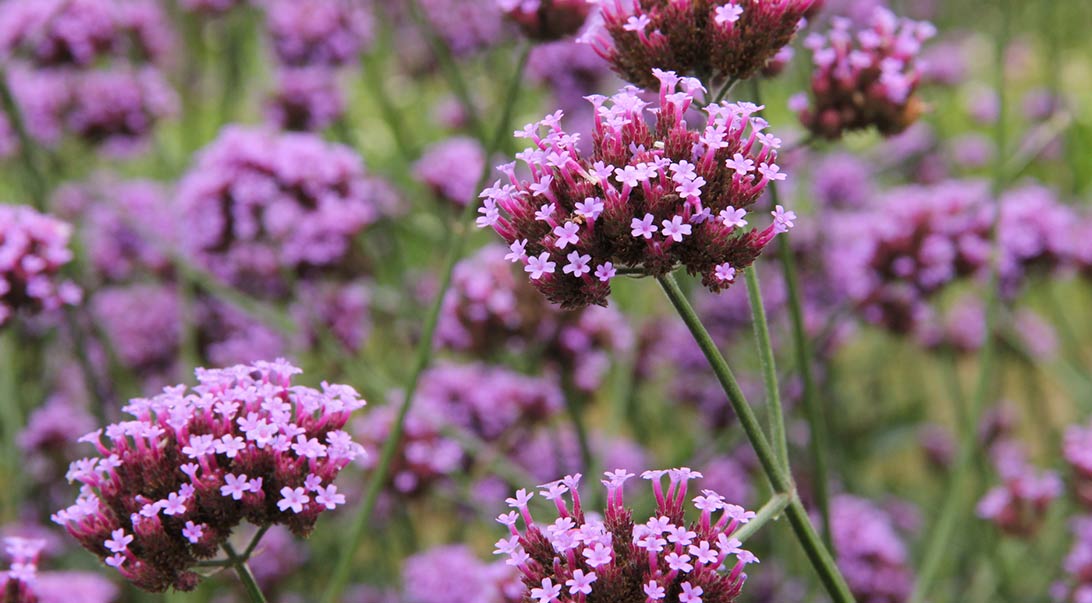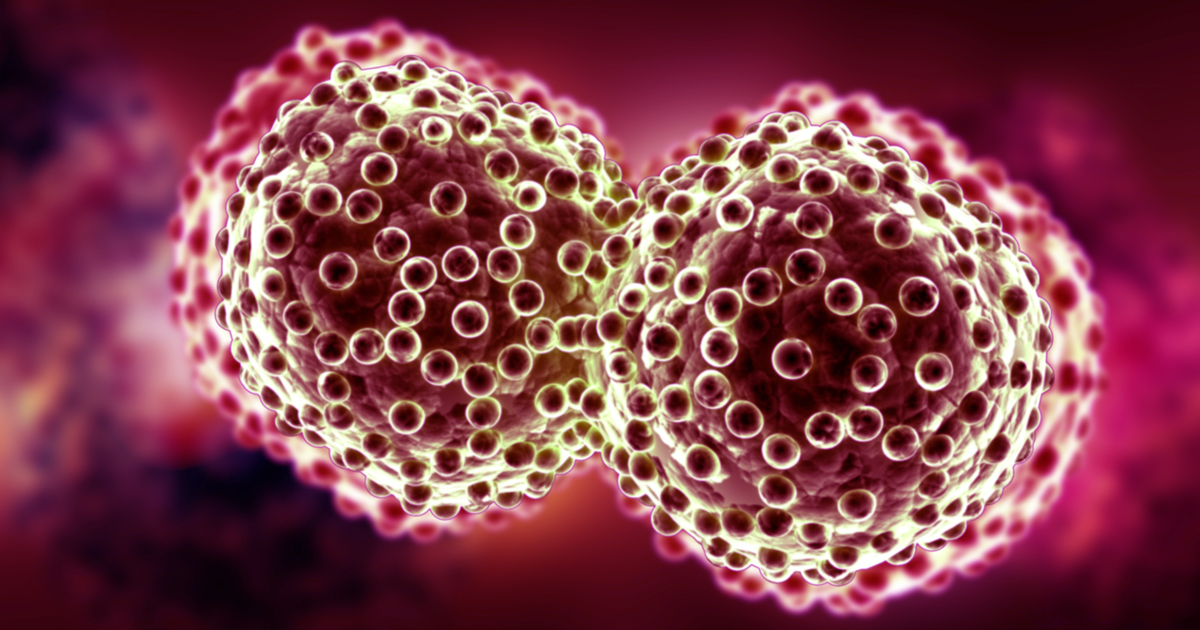WHAT IS BLUE VERVAIN LEAF EXTRACT?
Blue vervain, also known as Verbena hastata, is a perennial herb native to North America. It is a member of the Verbenaceae family and related to common vervain (Verbena officinalis). Blue vervain is identified by its tiny, purplish-blue flowers grouped in a short spike-like cluster and its lance-shaped, serrated leaves. Native Americans in North America have a long history of using this herb for a variety of traditional medicinal purposes.

Herbal medicine uses blue vervain extract for its many health benefits, and it is highly regarded for its possible medicinal qualities. These advantages may involve the capacity to encourage rest, reduce tension, and advance general wellbeing. It is also occasionally used as a natural treatment for conditions like anxiety, sleeplessness, and respiratory problems. Blue vervain continues to be valued for its potential benefits to holistic health and wellness even though research on this plant is still underway.
WHAT IS BLUE VERVAIN LEAF EXTRACT GOOD FOR?
Verbena hastata, often known as blue vervain, has a number of possible health benefits. These include neuroprotective characteristics, potential anticancer effects, and anxiety-relieving abilities. Here are some key benefits:
- May have anti-tumour properties: The extract of blue vervain contains multiple compounds that are responsible for its anticancer activities. These components include verbenosides A and B, triterpenoids, and citral. These components demonstrate the capacity to impede the growth of tumours and initiate programmed cell death in malignant cells. Triterpenoids help to explain the anti-tumor properties of verbenosides A and B, which are glycosides. Blue vervain essential oil contains citral, which is known to cause programmed cell death, underscoring its potential as a cancer treatment. Although these results are strong, it’s important to emphasise that the majority of the research that have seen these effects have been conducted on animals and in test tubes. Comprehensive human studies are necessary to determine the clinical importance and therapeutic possibilities for cancer patients. The best dosages, treatment plans, and any adverse effects would all be determined with the help of these studies.

- Neuroprotective qualities: The neuroprotective potential of blue vervain is especially promising, with a focus on stroke recovery and Alzheimer’s disease. Verbenalin, a glycoside found in the extract, has been demonstrated to be helpful in the rehabilitation of brain damage following a stroke. The involvement of verbenalin in encouraging the development of new blood vessels in the brain and increasing mitochondrial function is attributable to this action. Mitochondria are essential for cellular energy production, and increased oxygen and energy availability to the brain can considerably improve post-stroke repair. Furthermore, blue vervain may provide neuroprotection by decreasing the toxicity of beta-amyloid, a critical component in the development of Alzheimer’s disease. Blue vervain may help to prevent or slow the progression of neurodegenerative diseases by reducing beta-amyloid toxicity. These findings are quite encouraging; nonetheless, more research is needed.
- May relieve stress and Anxiety: The historic usage of blue vervain as a nerve tonic and relaxant corresponds with animal research suggesting its promise for anxiety reduction and seizure management. The extract’s flavonoids and tannins contain anti-anxiety and sedative qualities, and the effects are equivalent to diazepam, a well-known anti-anxiety medicine. Furthermore, verbenin, a key component of blue vervain, has the potential to delay the onset and minimise the duration of seizures. This shows that blue vervain could be a natural alternative for epileptic people. Despite these encouraging findings, more research, particularly human studies, is required. To validate these health benefits, investigate optimal dosages, and examine potential negative effects, rigorous clinical trials are required. We can better unlock these doors by extending our expertise in these areas.
Although the initial results are encouraging, more thorough human research is necessary to fully appreciate blue vervain leaf extract’s therapeutic potential. Its methods of action will be clarified by this research, which will also guarantee its safe and efficient application in a range of medical situations. It is an essential step towards converting the body of knowledge into useful applications that enhance human health and welfare.
HOW DOES BLUE VERVAIN LEAF EXTRACT WORK IN HUMAN BODY?
Blue vervain leaf extract interacts with many systems in the human body to generate its potential effects when consumed. It is thought to have a primary effect on the neurological system. Blue vervain active components, including as iridoid glycosides and flavonoids, may work as natural relaxants, helping in the suppression of excessive nervous tension and anxiety. These chemicals are thought to attach to brain receptors, modifying neurotransmitters involved in mood and stress. As a result, blue vervain may aid in relaxation and relieve anxiety and restlessness.
Furthermore, blue vervain leaf extract is frequently utilised for its diuretic qualities. This means it may boost urine production and improve the body’s ability to remove waste and excess fluids. This diuretic impact may help to reduce bloating and promote renal function. While blue vervain has traditionally been used for a variety of purposes, including headache relief and respiratory discomfort, further research is needed to completely understand its mechanisms of action and establish its potential benefits.
HOW MUCH BLUE VERVAIN LEAF EXTRACT CAN A PERSON TAKE?
The optimal dosage for blue vervain leaf extract can be difficult to determine, due to a lack of scientific data to provide specific instructions. Blue vervain is commonly eaten in the form of teas, tinctures, or capsules, and the recommended dosage varies depending on the product and intended application. One teaspoon of dried blue vervain herb is often infused in a cup of hot water for a traditional blue vervain tea. This tea can be consumed up to three times each day, while some people prefer less frequently.
When utilising blue vervain extract in capsule or tincture form, however, it is essential to follow the manufacturer’s precise dosing instructions. Since these directions can vary greatly between brands and products, it’s necessary to carefully read and follow the prescribed dosages on the product label. Individual responses may vary, as with any herbal product, so start with a smaller dose and evaluate how your body reacts. If you are thinking about using blue vervain extract and have any underlying medical conditions or are on medications, it is best to visit a healthcare professional first to ensure that you are doing so safely and efficiently. Based on your individual health needs and circumstances, your healthcare professional can provide personalised advice.
WHAT ARE THE VARIATIONS OF BLUE VERVAIN LEAF EXTRACT?
Blue Vervain Extract is also available as:
- Blue Vervain Leaf Extract 4:1
- Blue Vervain Leaf Powder
Blue Vervain Extract is commonly available in:
- Blue Vervain Leaf Extract capsules
- Blue Vervain Leaf Extract powder extract
- Blue Vervain Leaf Extract liquid extract
Glentworth Formulations is here to suit your every need. Everything from Tablets, Capsules and Powder blends.
If you are wanting to know more information, please get in contact with us. Either using the contact form or contacting us directly on: [email protected].


